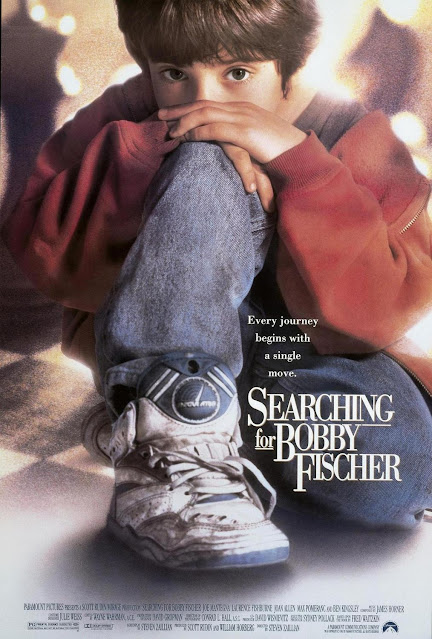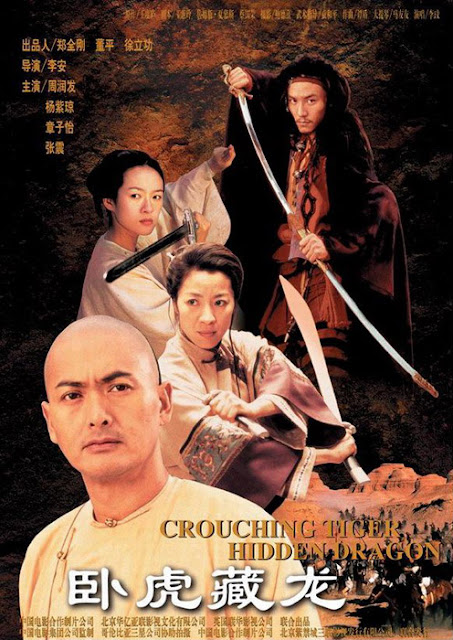☆ ☆ ☆ ☆
Goldfinger (1964) – G. Hamilton
Not a Christmas movie, but easily the best of the Connery Bond films (at least as far as I recall them). Bond is charged with preventing bullion smuggler Auric Goldfinger (Gert Frobe) from robbing Fort Knox with the aid of the notoriously named Pussy Galore (Honor Blackman). Dated for sure, in its overt sexism and casual racism, but if you can look past that, you can find a thrilling action film where 007 uses all the gadgets that Q provides (especially in his new Aston Martin). Although Goldfinger himself cuts a rather lumbering figure, the real nemesis here is his bodyguard Oddjob (Harold Sakata), nearly indestructible and armed with a lacerating bowler hat. Director Guy Hamilton (a stalwart for the franchise) takes us from Miami to Switzerland to Kentucky, splashing money on the screen where necessary, and keeping things moving (all important). The undeniable theme song (by Shirley Bassey) adds even more style to the proceedings. Connery is fit and a master of both hand-to-hand combat and the snarky one-liner. He's in peril more than once (to be expected) but I had forgotten the plot twist at the end. Brainless fare when you’ve burned out your brain at the end of the year.



